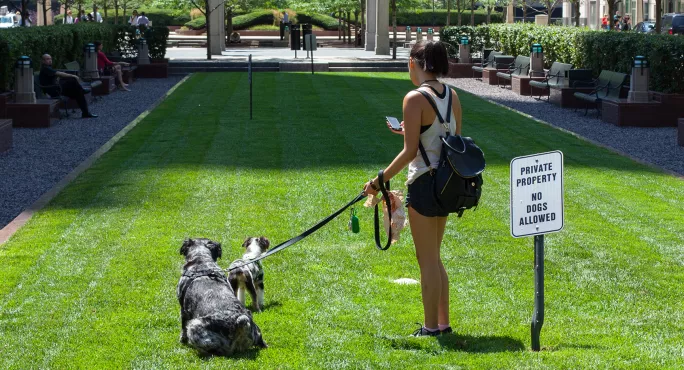DfE ‘riding roughshod’ over governors on academies

The government has been accused of “riding roughshod over the established system of school governance” by announcing new powers that would allow some schools to be academised against their will.
Emma Knights, chief executive of the National Governance Association, has criticised plans announced by the government to allow councils to apply for some maintained schools to become an academy regardless of whether its governing body agrees.
The controversial new powers contained in the new Schools Bill are part of the Department for Education’s plan to move all schools into multi-academy trusts by the end of the decade.
- Academies: Councils set to get new powers to help move schools into MATs
- Related: Allowing council MATs could spark major expansion of academies
- White Paper: Everything you need to know
Under the proposed legislation, councils could apply for academy status for maintained schools in their area.
For voluntary-aided or foundation schools, the council would need the consent of the trustees or the organisation that appoints governors.
However, for other maintained schools, the legislation would allow a council to bid to turn them into academies - even if the school’s governing body was opposed to the idea.
Ms Knights warned that the government is risking repeating mistakes of the past.
She told Tes: “When the government tried to remove the decision from school governing bodies about if, when and which trust to join in 2016, there was uproar and the move was binned; now, without any consultation, the Schools Bill will give the power to local authorities to do exactly this.
“We had expected that this power would be limited to very specific situations, not drafted as broadly as it is in the bill.”
She also said the move suggests the government is not truly confident it can make the case to persuade schools to join MATs.
“This change needs to be about winning heart and minds, not overriding the decisions made by boards with knowledge of their schools and after considerable time and care.”
‘Where is the respect for volunteers giving so much?’
Ms Knights added: “Where is the respect for volunteers, who are giving so much in the system and in some places are in very short supply?
“To make the many moves necessary to achieve the government’s vision we need all parties to be working together in the interests of pupils, not opening the door to riding roughshod over the established system of school governance.”
A document published by the DfE has said that, before making an application for an academy order, local authorities will need to “engage extensively with local partners to ensure that their plans for maintained schools to join strong trusts meet local needs”.
The legislation will also require councils to “consult the governing bodies and foundations of any schools included in the local authority’s plan, and obtain the consent of the trustees of a foundation or voluntary schools and persons by whom foundation governors are appointed prior to making an application.”
The DfE document says that, if councils are not able to get agreement from other maintained schools, it will be up to councils to decide whether to still apply for an academy order for them.
It says: “There may be circumstances where agreement cannot be reached with individual schools. Whether the local authority includes such schools within its plans in those circumstances will depend upon whether the local authority is prepared to continue to maintain individual schools.”
Decisions based on ‘best outcomes for pupils’
The DfE is also allowing councils to establish multi-academy trusts.
However, when councils apply for academy orders for maintained schools in their area, the DfE document suggests it does not necessarily follow that these academies would then be based in a council-established MAT.
The DfE document adds: “We would expect [DfE] regional directors, local authorities and schools to have open discussions around the prospect of maintained schools joining a MAT and which MAT they will join as part of the consultation between LAs and their schools.
“The final decision will be made by the regional director (on behalf of the secretary of state) on the basis of what is likely to drive the best outcomes for pupils.”
A DfE spokesperson said: ”We want all schools to be part of a strong academy trust so they can benefit from the trust’s support in everything from teacher training, curriculum, financial planning and inclusivity towards children with additional needs, to excellent behaviour and attendance cultures.
“Local authorities have an important part to play in supporting schools to join trusts and we expect them to develop plans with their schools, taking account of schools’ preferences as to which trusts to join.”
Register with Tes and you can read two free articles every month plus you'll have access to our range of award-winning newsletters.
Keep reading with our special offer!
You’ve reached your limit of free articles this month.
- Unlimited access to all Tes magazine content
- Save your favourite articles and gift them to your colleagues
- Exclusive subscriber-only stories
- Over 200,000 archived articles
- Unlimited access to all Tes magazine content
- Save your favourite articles and gift them to your colleagues
- Exclusive subscriber-only stories
- Over 200,000 archived articles
topics in this article



